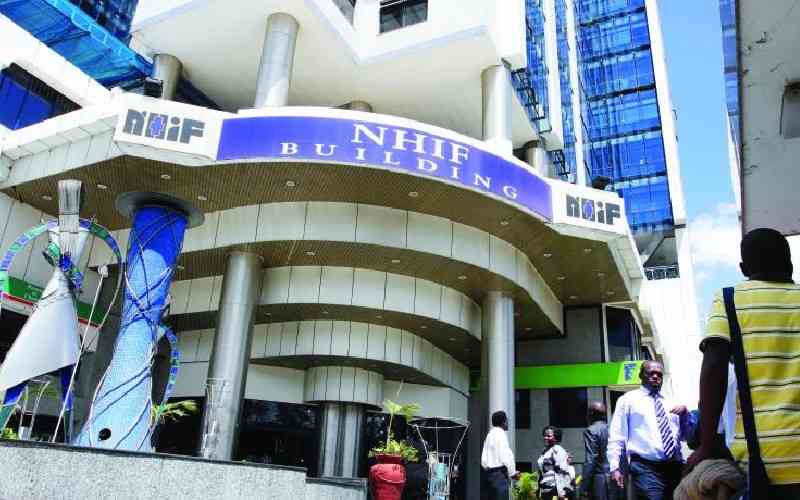×
The Standard e-Paper
Join Thousands Daily

The government seeks to make radical changes in various sectors with the aim of improving the lives of both private and public workers, especially on health. Article 34 (1, 2) of the Employment Act provides that the employer should ensure sufficient medical care of employees.
This is what birthed the idea of a comprehensive medical cover for teachers and other civil servants, which was, and continues to be a welcome and timely move. Before, teachers had been exposed to embarrassing situations every time they fell sick.